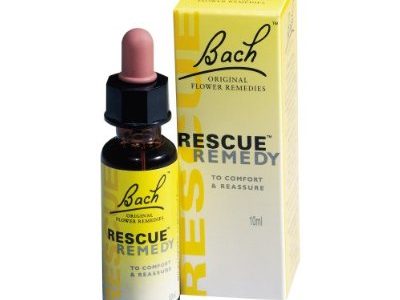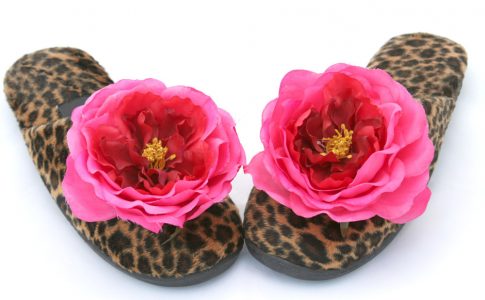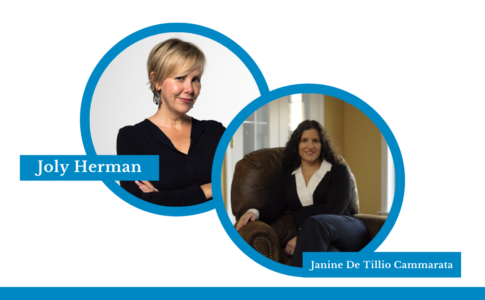 Victim. The word rolls off the tongue in a way that’s been informed by nightly news stories of crime scenes and storm-ravaged communities. But what does this word mean when referring to recipients of domestic violence or abuse? The word becomes intimate. Edged with shame and secrecy. Frozen in time. Of course, it’s a term appropriately applied when speaking of a child or adult who has lost her life to abuse. But what about those of us who have managed to escape the clutches of an abuser? Or someone—child or adult—who has found a way to stay alive, until the opportunity to flee presents itself? What about those of us who created that opportunity? We are not victims. We are survivors.
Victim. The word rolls off the tongue in a way that’s been informed by nightly news stories of crime scenes and storm-ravaged communities. But what does this word mean when referring to recipients of domestic violence or abuse? The word becomes intimate. Edged with shame and secrecy. Frozen in time. Of course, it’s a term appropriately applied when speaking of a child or adult who has lost her life to abuse. But what about those of us who have managed to escape the clutches of an abuser? Or someone—child or adult—who has found a way to stay alive, until the opportunity to flee presents itself? What about those of us who created that opportunity? We are not victims. We are survivors.
The difference is more than semantics. It is a shift in perspective—a chance to re-write the story of a life and become someone to be celebrated. For many of us, it’s the difference between repeating the cycle and breaking it. In an effort to put form to the difference between the words “victim” and “survivor,” I’ll share my personal story of survival.
As a teenager, I found myself in an abusive personal relationship. It wasn’t my first experience with abuse. Actually, abusive relationships were more familiar to me than nurturing ones. I had spent my childhood in a violent home, riddled with addiction and other forms of untreated mental illness. I was emotionally and psychologically abused and traumatized, and by age fifteen—upon entering high school—I had been well-primed for an abusive boyfriend.
I had been manipulated into believing the abuse was deserved, as if I’d done something to cause it. More importantly, my worth, purpose, emotional needs and intentions—even as a child—were distorted, disregarded and dismissed. I was starved for affection and attention, and I longed to feel loved and wanted by anyone. I felt alone, empty, worthless and abandoned. I felt betrayed by those who were supposed to protect and nurture me.
The perfect mark for someone who was calculatedly charming.
I met him the summer prior to entering high school. He was one of the popular kids, a star athlete adored by all the girls. I was—or at least I thought myself to be—the ugly duckling. The fact that he seemed to choose me out of all the girls was a mystery. He approached me confidently, knowing all the perfect things to say. All the words I had longed to hear from my mother, father, grandparents and anyone close to me were suddenly being whispered in my ear. “You belong to me,” and “I’ll never let you go,” were a few of the phrases that worked as seduction.
My need to feel loved blinded me to the dangers of his charm. I didn’t know at that time that charm—specifically, superficial charm—is a characteristic of individuals with anti-social personality disorder; otherwise known as psychopaths or sociopaths. His way with words had nothing to do with love or adoration. In fact, it was the bait he used to reel me in. And he used it with everyone. He was so skilled at the act of charming—conning—people, he had everyone fooled. Adults adored him, most boys wanted to be him, girls wanted to date him and everyone believed him; every word he said. This would eventually work against me, as I knew no one in authority would believe me, when I asked for help.
Soon, we were dating, exclusively. He would have it no other way. Even my male friends became threats in his eyes. At the time I considered his jealousy a sign of devotion. I had no gage or reference point for healthy versus unhealthy. Signs of dysfunction were very familiar to me, and any words or actions which might appear possessive to others—telltale signs of an abuser—were proof that he wanted me. In my thinking, I finally felt a sense of belonging and worth. I meant something to somebody.
But, close friends began to express concern and fear for my safety, and the guys who were previously in my life made me aware of threats he’d made against them. As a result, he and I began to fight. He didn’t want me to have anything to do with anyone who challenged his place in my life, regardless of what they meant to me. I didn’t know it, at the time, but he was trying to isolate me, destroy my nurturing relationships, separate me from those who might protect or validate me, so that he could easily distort and manipulate me and make me feel as though I had nowhere to turn. He wanted to isolate me. It was an attempt at complete control.
Eventually, family members who were visiting during holiday breaks voiced their concerns. But my immediately family did nothing to intervene. At times, they blamed me. For the abuser, it was the perfect situation. He had the unspoken blessing of my immediate family to abuse and take complete control of me, and one by one, he convinced everyone around me to view me as the crazy one. Unfortunately, that’s never been difficult for a boy or man to do—especially one with charm and superficial appeal. Besides, he didn’t come from a broken home, so he looked better on paper.
Blaming the victim is characteristic of all abusers. In this case, it not only served to reiterate a destructive message of self-blame already playing in my head, but it justified and enabled him to completely possess me. Within days of realizing he had my family’s unwavering approval, he began to physically abuse me. He threw heavy objects at me, tore out my earrings, pinned me down and against a wall, threatened suicide when I tried to leave. He eventually tried to kill me.
The latter was because I had been fifteen minutes late for a date. An argument quickly ensued, and I threatened to leave him. He began driving fast, turning to me stating, “If we’re done, you’re done.” He was keeping a promise he’d made when I first met him. He was never going to let me go.
That night he attempted to slam my head into a windshield. But I escaped. And when I walked to my front door, ravaged by shock and pain, I begged my family not to allow him inside. I explained what he’d done. And they blamed me. The exact words were, “Well, there are times I’d like to kill you too.” As devastated as I was by my family’s response to my experience. somehow, my spirit refused to break. Deep down inside, I knew no one was seeing my worth. Somehow, I survived.
Abusive relationships became a pattern throughout my life. Abuse seemed to follow me, until I hit age 30. Then, something changed, and I made a decision to stop being a victim. But it wasn’t easy. It wasn’t like flipping a light switch; and the process was a painful one. Though, unlike the pain of being abused, this pain was healing—like that of a burn victim whose skin must be scraped daily, in an effort to get well.
Essentially, that’s what I decided to do. I shed the dead and poisonous layers of my victim self and stepped into the skin of a survivor.






